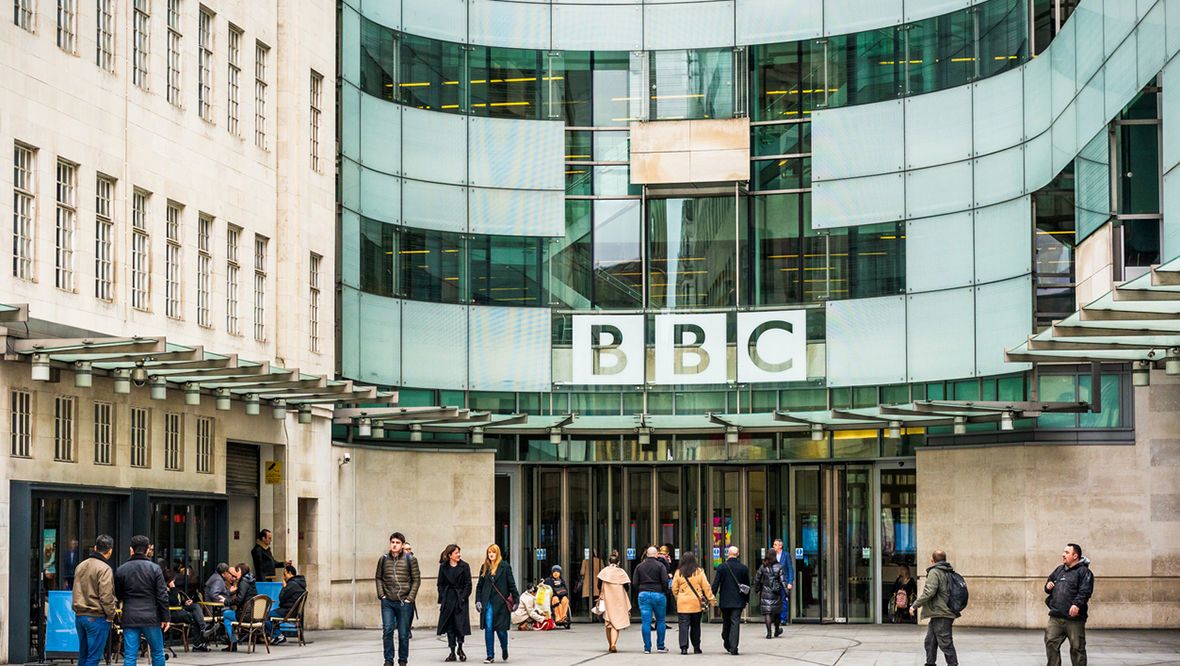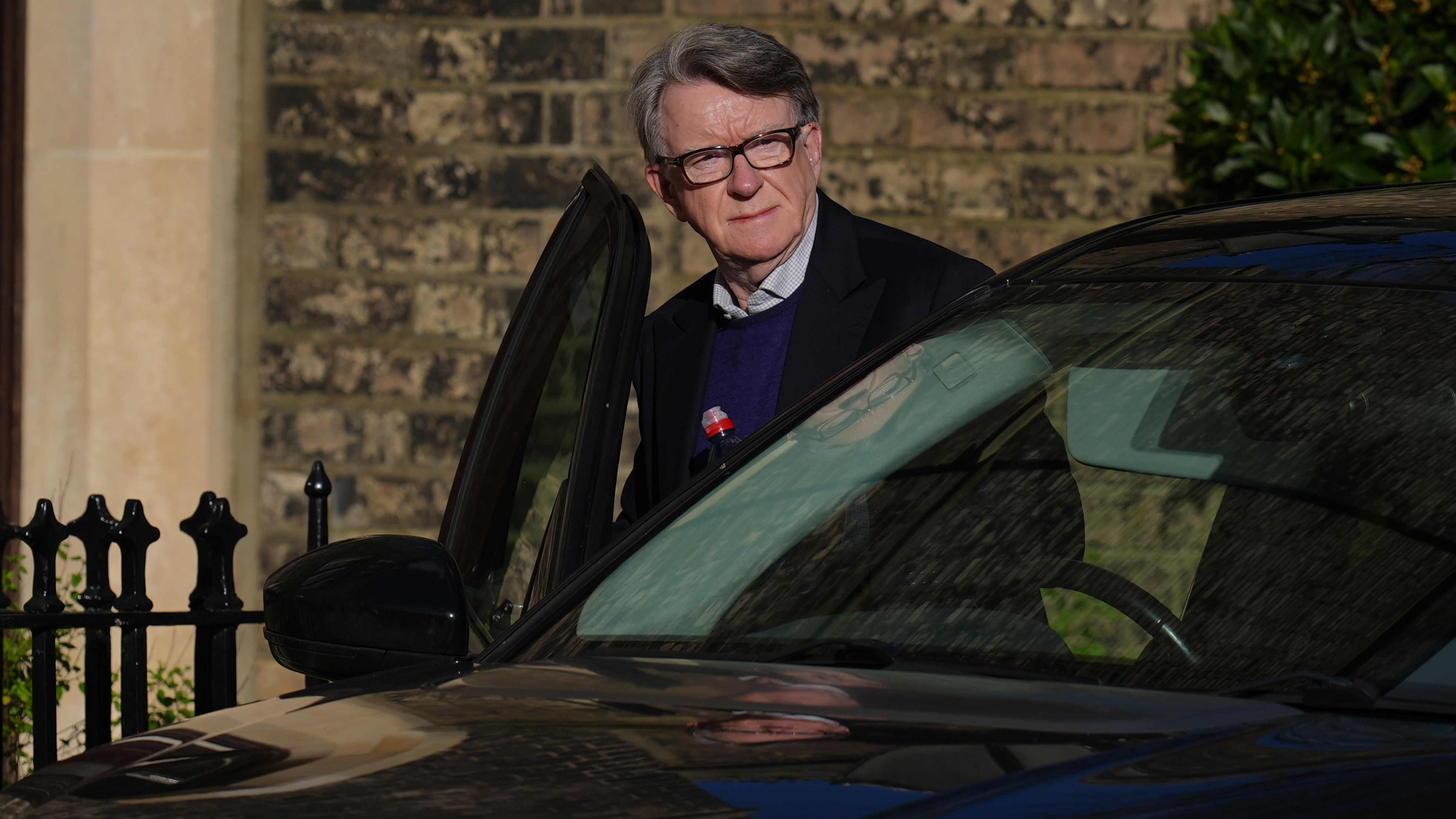Once again, the BBC is in the crosshairs of the government. At the weekend, Nadine Dorries, the culture secretary, signalled that the licence fee will be frozen for the next two years and abolished altogether by 2027.
No doubt BBC top brass will greet the news with a mix of weary resignation and a concern that would be panic stricken if they thought it was for real.
The weariness comes from long experience of being a soft target for the government who, of course, would not be trying to distract the public from other matters by getting bellicose with their rhetoric. Would they?
If the mood is concern rather than panic, then it rests on the fact that rarely do the pronouncements from politicians ever materialise in the way they are ‘threatened’. The history of the BBC is littered with politicians promising butchery only to retreat.
There is no doubt that within the current Conservative Party, there is a determined body of opinion that sees the BBC as culturally left, slavishly wokeish, London centric and politically biased.
The bias point is the most sensitive since it unites people of divergent points of view and allows them to congeal in unison with cries that the BBC enforces a certain view of the world. That the people leading the charge are from diametrically opposite ends of the political spectrum tells you that they can’t all be correct.
‘A history of Beeb bashing’
Beeb bashing is as old as the corporation itself and is a cross-party affair. Harold Wilson banned David Dimbleby from interviewing him after the journalist had the temerity to ask him how much he had made from a memoir on the 1964-70 Labour governments.
The Labour leader was incandescent with the documentary ‘Yesterday’s Men’, a pretty mild feature on what the super heavyweights of that era were doing now that they were in opposition.
Margaret Thatcher was outraged by the BBC coverage of extremism within the Tories and by their handling of affairs in Northern Ireland. She believed they gave the men and women of violence the oxygen of publicity.

In Scotland, SNP politicians have argued the corporation is biased against independence and the foot soldiers of the ‘Yes’ movement have taken to the streets to admonish the ‘Brit’ bias of the output.
Every shade of opinion comes to hate the BBC at some stage, it is a given in the discourse about the future of public service broadcasting.
The corporation is far from perfect. The Jimmy Savile and Martin Bashir affairs reveal a wholesale abdication of responsibility for issues that have inflicted huge reputational damage. The culture was to dodge hard decisions, play a long game in the PR management stakes, admit to nothing and then come clean long after it was decent to do so.
To add insult to serious injury, the highly-paid incompetents who presided over the damage were rarely held to account, not when they can be reshuffled within the bureaucracy, pensioned off early or hide in a cupboard marked ‘consultant’.
At the level of ‘run-of-the-mill’ complaints, my sense is that the corporation is unduly defensive and loathe to admit error, as an admission will be seized upon to make a case that they are not to be trusted. The starting point appears to be to question the motives of those who complain.
The potential abolition of the licence fee is a serious matter. Let’s be honest, it is an anomaly in the digital age, it is a tax on watching television and it offends the principle of freedom of choice since there is no choice not to pay the fee.
What’s the alternative?
The alternatives are not great. The Scandinavian model of a tax on wages to fund public service broadcasting will simply never fly. Allowing the BBC to carry advertising will bury its uniqueness and damage ITV and other commercial broadcasters.
Introducing a levy on broadband providers would be saddling companies with a tax to pay for something they have no commercial interest in. Privatising the BBC would be an ideological answer to a question about how best to preserve world renowned content.
For all of its faults, the current model appears to be the best, despite the fact it is increasingly difficult to justify and defend. The main case for it rests on what the creative landscape would look like were the BBC to be abolished or broken up and its creative footprint lost to the reels of history.
The debate about how it discharges its impartiality remit will always be played out in the fury of political division, and the charge that it is pro-capitalist, pro-left, anti-independence, etc, etc will continue. In a sense, if that debate were to end, then arguably its journalism is being too slavish to one cause.
Heads need to be raised a little higher to see beyond the narrow debate about how the BBC reports politics. An end to the BBC would be an end to world-class content and an end to the most trusted media brand on the planet.
Citizens who do not have the fortune to live in democracies rely on the world service to tell them what is happening in their own countries. I have witnessed BBC correspondents ask direct and pertinent questions to leaders in Russia, China, Myanmar, Thailand, all designed to pierce propaganda in the name of accurate reporting.
The world service reaches 279 million people a week and for many listeners it is a lifeline. The BBC’s news website is one of the most visited worldwide.
During the pandemic it has been a vehicle for the transmission of information to allow people to make informed choices about Covid, the vaccination programme and how the administrations in the UK have managed the public health emergency.
Do we really want the US model for news where you tune in to have your views confirmed and legitimised, even if they would fail the road test of truth and accuracy? Do we want part of our news media landscape to be forever lost, only to rise from the ashes and become another branch of the entertainment genre?
A 20th-century creation, the BBC is about to celebrate its centenary. Politicians have a choice. Ignore 100 years of information, education and entertainment which in some regards is a gold standard, or use frustration with a small part of its output as incentive for a revenge agenda and the destruction of what many admire the world over.
I pay 43p per day for the BBC. I will happily pay it as the alternative is a dive into the deep end of mediocrity.

 iStock
iStock
























